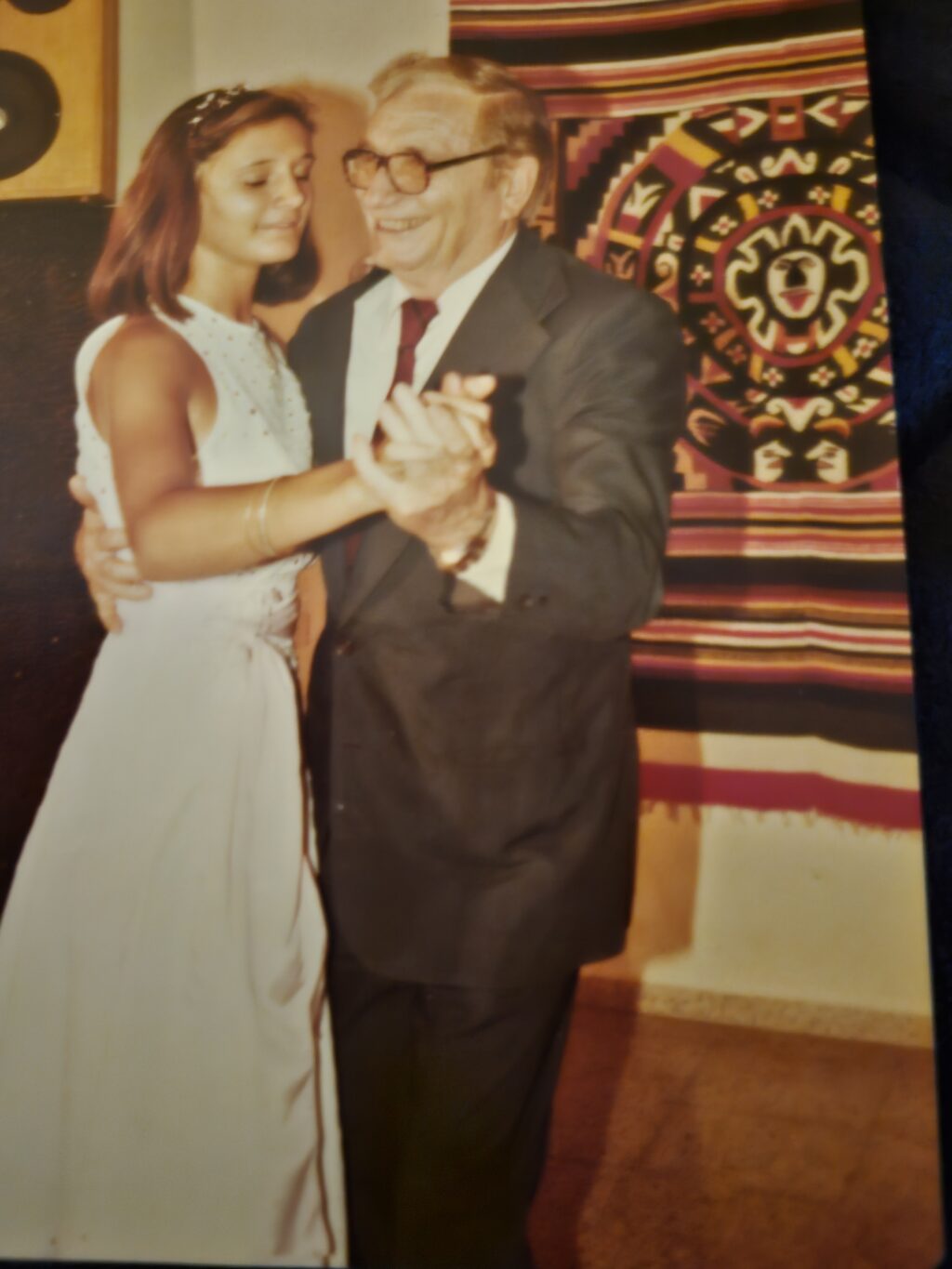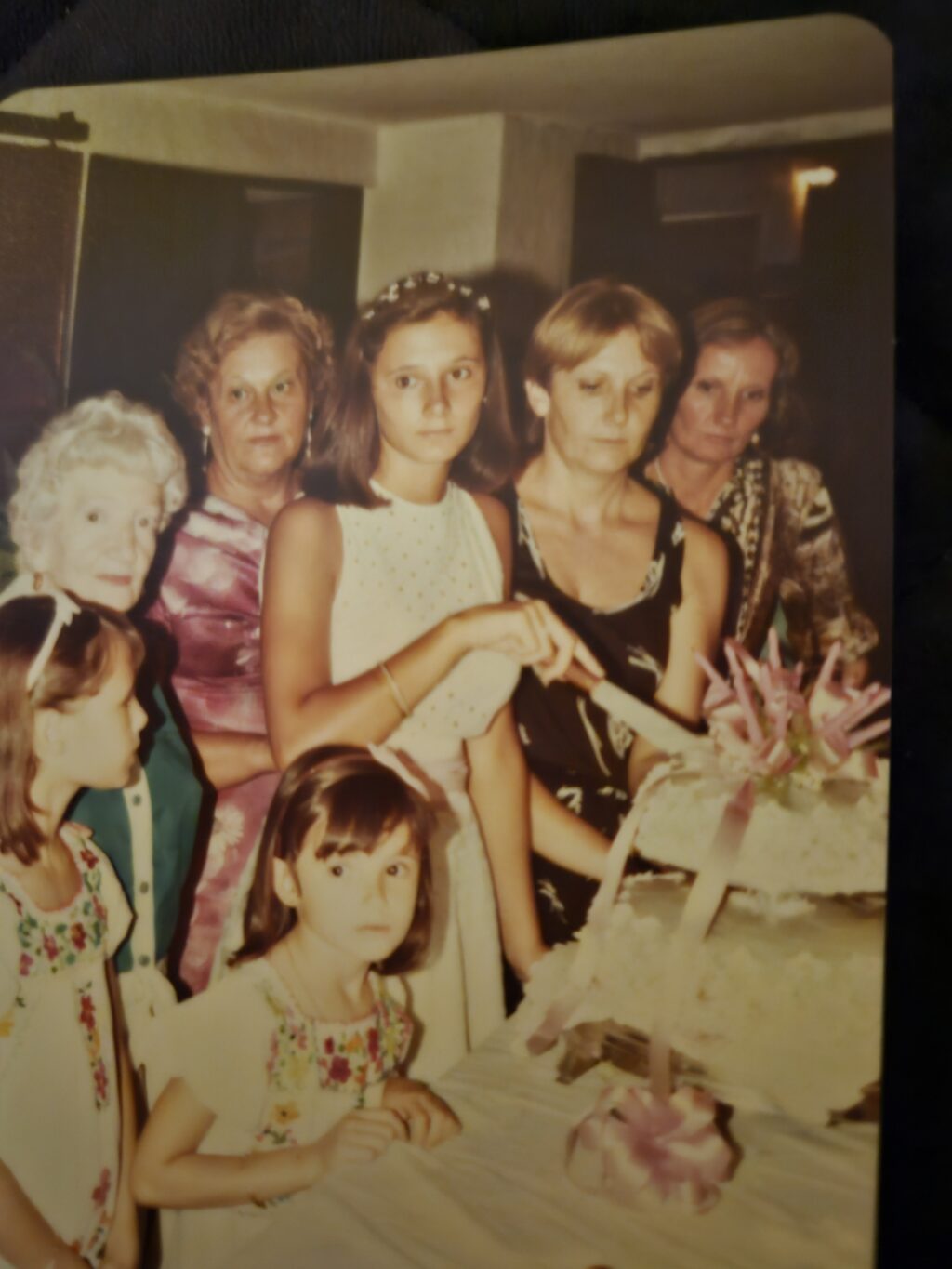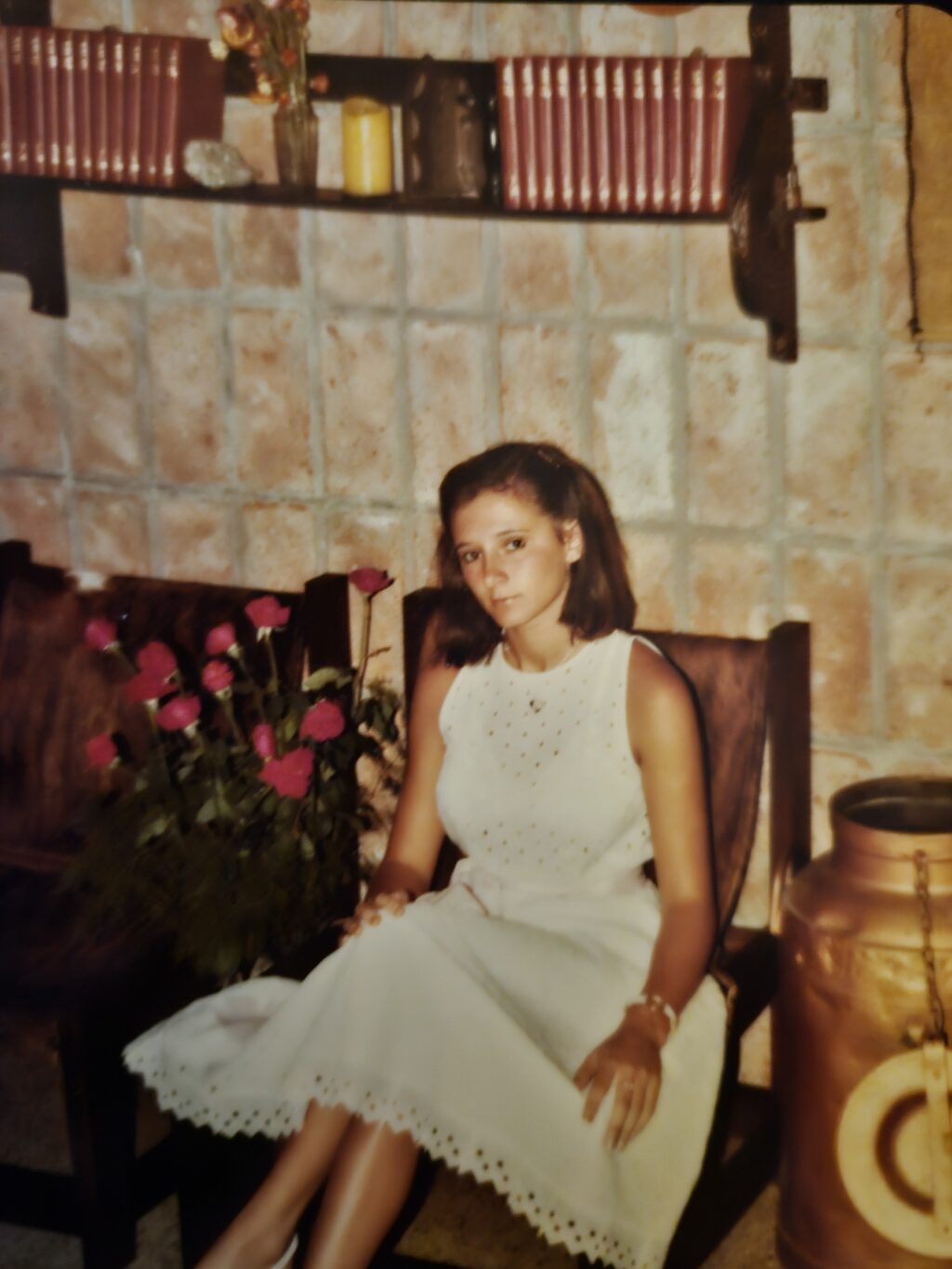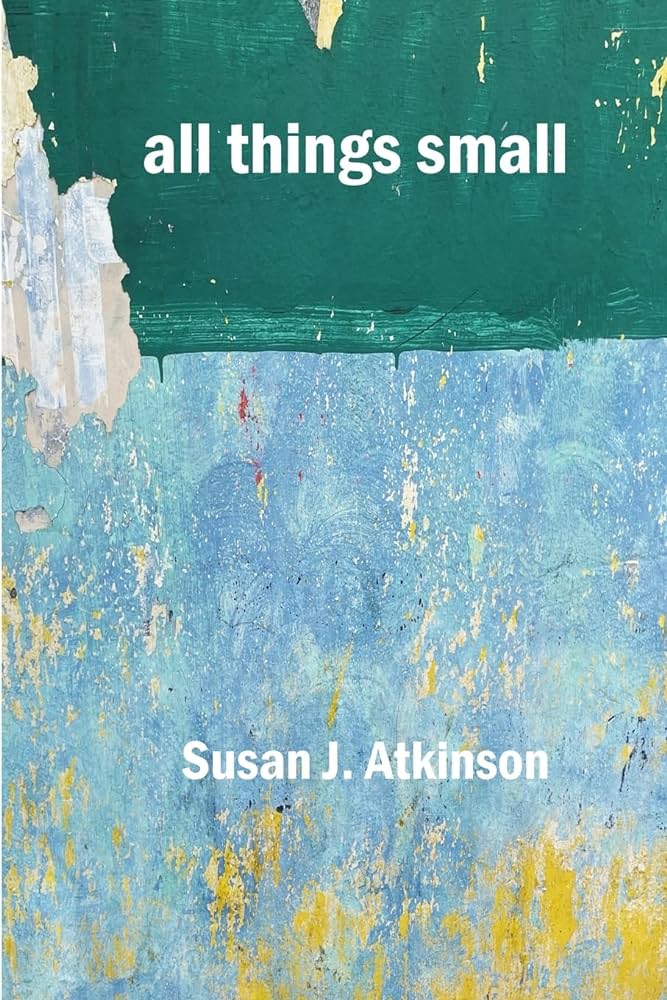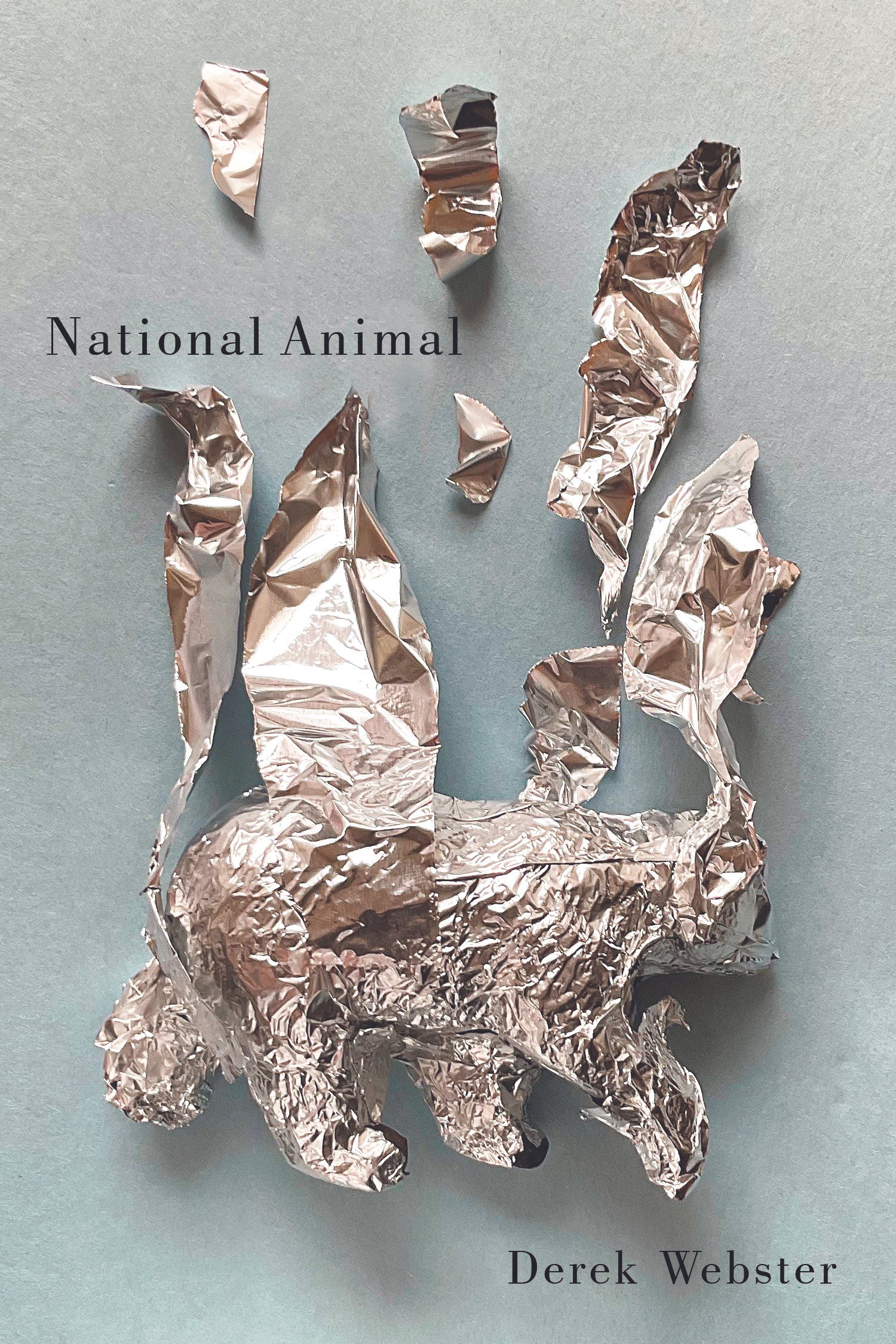There is No God!
The X Page: A Storytelling Workshop
There is No God!
by Sonia Saini

Everybody is dressed in crisp white shirts and navy-blue skirts or pants. A blue badge with the school logo shining just a little below the collar.
As usual, Shivam is being teased for his dark complexion and big yellow teeth.
Never mind. I have my own worries. I secretly ask God for help.
I hope nobody notices the poor shapeless bows on my freshly oiled braids interlaced with red ribbons. Why doesn’t my mom understand the importance of the shape of the bows, the silkiness of the ribbons, and the pleats of our skirts. All of these have the power to make or break a girl’s image.
The Grade seven classroom is the last one on the right, the only class with four working fans. The room has two big windows. One has a cracked window pane from a miscalculated cricket shot.
The windows of our Grade seven classroom open into the garden. They bring tons of light and sounds to our attentive ears. The dense green patch behind the school is home to a troop of monkeys. Their naughty pink faces and bottoms always get them loads of attention. This tribe loves our school. They gleefully swing from branch to branch and have conversations and gossip.
It is 11 a.m. when Mrs. Pillai makes her terrorizing entrance to a classroom of pale faces, dry mouths, sweaty palms, and shaking knees. She makes the dreaded announcement: the final term marking is almost complete. She is not happy as most of us have not fared well. The results will be out in two days.
All except two students have everything to fear. Sandeep and Taruna belong to the A-plus league. We hate them for how they always manage to make our hard-earned marks in math feel so small.
My heart sinks with so many others. I knew math had the power to ruin me. I can picture myself sitting in this same class next year. My mind is going numb. I remember the ‘you are so done’ look in Mrs. Pillai’s eyes.
Nah, I am pretty sure God loves me. “He will never let me fail and stay back in Grade seven,” I assured myself.
I reach out, just in case. I close my eyes and speak to him. ‘Wahe Guruji please do something”. I hear myself mumbling my simple little prayer hoping nobody except God heard. I promise HIM a life of truth, righteousness, honesty, and kindness in return. “Please save me this time Wahe Guruji”, only YOU can take me to Grade eight now.”
It’s 11 a.m. again. Why does Mrs. Pillai have this amused look on her face today? Strange! She begins distributing the answer sheets from the front and stops at the third row.
What has happened now? Have the rest of us failed? What about the fifth row?
The students who received the answer sheets seem happy, confirming my worst fears…my heart is slowing down and will probably stop soon. I will most likely be confirmed to stay in Grade seven.
God had ditched me!
There is no God!
“The world is a lousy place,” I said to myself. “Prayers never work…they are just a waste of time.”
Then I heard Mrs. Pillai faintly.
“The monkeys got in. The guards didn’t hear them. Can you believe that…”
Why are we discussing monkeys?
When she announced the rest, I heard every word. The monkeys had entered the staffroom and destroyed the answer sheets last night. It was a big mess. Nothing could be done. Our Principal and Mrs. Pillai had decided to grant us full marks in Math. A 100% in math!
A miracle. I am in the Sandeep-and-Taruna-A-plus League! I am going to Grade eight! Mrs. Pillai had lost me.
God is there!
He did not ditch me!
He had sent his troops to my rescue.
I love monkeys.

Read more














